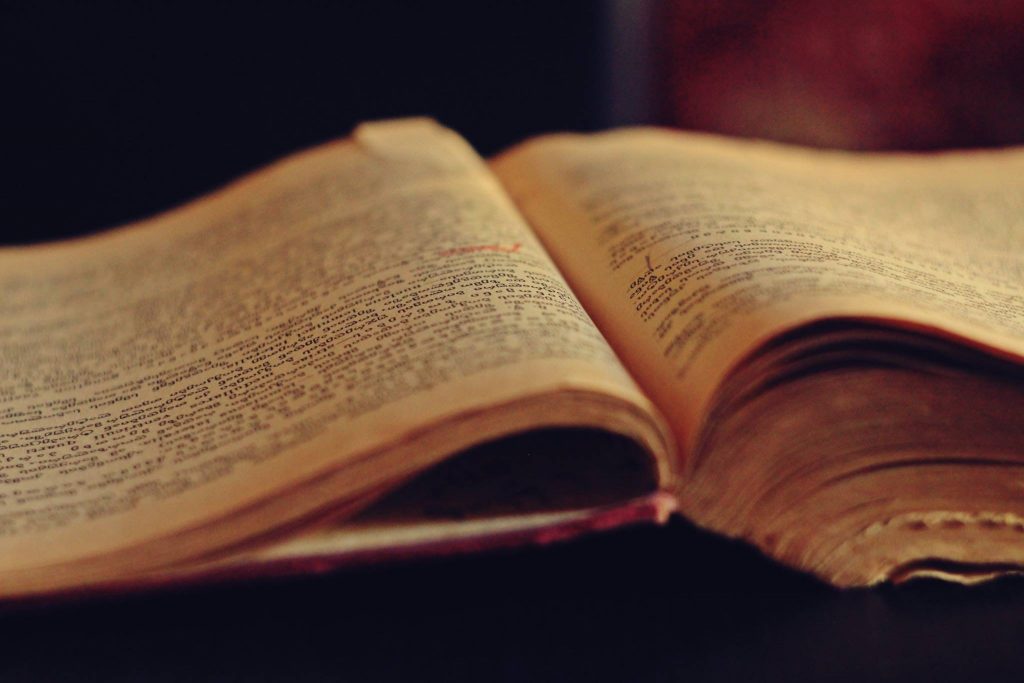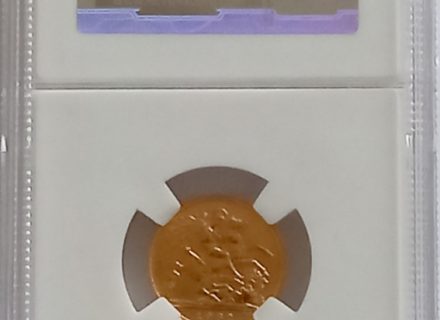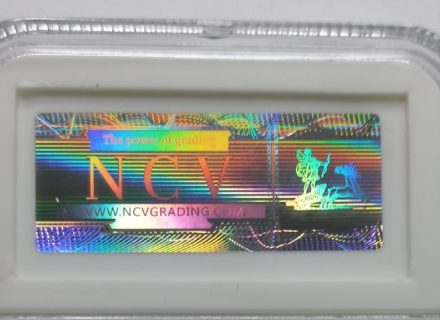
The origin of collecting. Why should I certify my collection items?
This blog will discuss numismatic curiosities and the art of collecting banknotes and coins. But do you know how the world of collecting began and how to ensure that your specimens are safe and do not lose value?
The practice of collecting can be traced back to the emergence of writing and its role in preserving knowledge. It is widely accepted that knowledge is power, and our earliest ancestors collected writings in order to acquire knowledge. During times of conquest, having information about the customs, languages, and religions of unknown lands was particularly valuable.
Object collecting as a hobby began to emerge during the 16th century. At that time, collecting primarily consisted of acquiring beautiful, rare, or extraordinary objects that held significant value rather than strictly useful objects. It was an activity reserved for the highest echelons of society, such as royalty, nobility, and the church. Object collecting originated from humanity’s social nature and was frequently passed down as a personal asset, treasure, spoils of war, or cultural heritage.
Today, many relics we can find in modern art museums come from these private collections, either because they were donated at some point or purchased in times of aristocratic decadence.
Today, collecting has become accessible to everyone in its broadest sense. Though the collecting industry is professionalized and involves large sums of money globally, the collected objects don’t necessarily have to be valuable. Collecting has been spontaneously redefined as a hobby within the reach of anyone who wants to enjoy it.
There are countless collections that people can choose to gather. Within the collection community are two types of collectors: active and passive. Active collectors spend time and money to track, search, and organize new specimens for their collection. On the other hand, passive collectors have an acquired collection through inheritance, a gift, or by installments and do not put much effort into searching for new specimens.
Thus we find from more classic collections such as watches, coins, stamps, minerals, chromes, and works of art to collections of the most varied and ingenious, such as sugar sachets, beer bottles, badges, miniatures of all kinds, stickers, shoes… In short, the list would be endless because, as we said, everyone chooses what they collect and the reason for doing so, and that’s the beauty of it!
The importance of certifying your collectibles
At NCV grading, we are passionate about coins and banknotes, and we want to do our bit to help all those who share our hobby or are considering taking it up.
We mentioned that collecting has great economic relevance, moving large sums of money worldwide. In addition to being present in the more traditional markets such as antique dealers, flea markets, and auctions, the industry is adapting to the new technologies of today’s world and using, of course, the engine of the 21st century: the Internet.
As in any other field, the Internet also has advantages and disadvantages. Finding and selling items on the other side of the world has never been so easy, but the risks of counterfeiting and scams are much higher than face-to-face.
Here, certified collectibles offer us the greatest guarantee and maximum security when making remote transactions. Whether you want to buy or sell items, you may be interested to discover some of the benefits of looking for certified banknotes or coins:
- A certified, graded, and encapsulated collectible, banknote, or coin,, has the objective criteria of a specialized company based on the analysis of its condition. It is not the opinion of the owner or buyer of a given item but the verdict of an impartial group of professionals.
- The Sheldom scale, recognized worldwide, is the one used to classify them. A good rating on this scale is an incentive wherever you go.
- It significantly minimizes the risk of receiving a collectible purchased from a distance with defects not visible in a photograph or video.
- It guarantees the good condition of the banknote or coin, protected in an incorruptible case.
- Its database registration with a unique code makes last-minute changes difficult and guarantees authenticity.
In other words, if you BUY CERTIFIED items, you have an impartial professional’s opinion and guarantee of authenticity.
If you SELL CERTIFIED items, you know that they will not be devalued and will arrive in perfect condition at its destination, with no surprises leading to a return.
If you have already decided, don’t hesitate to contact us so we can assist throughout the process.



